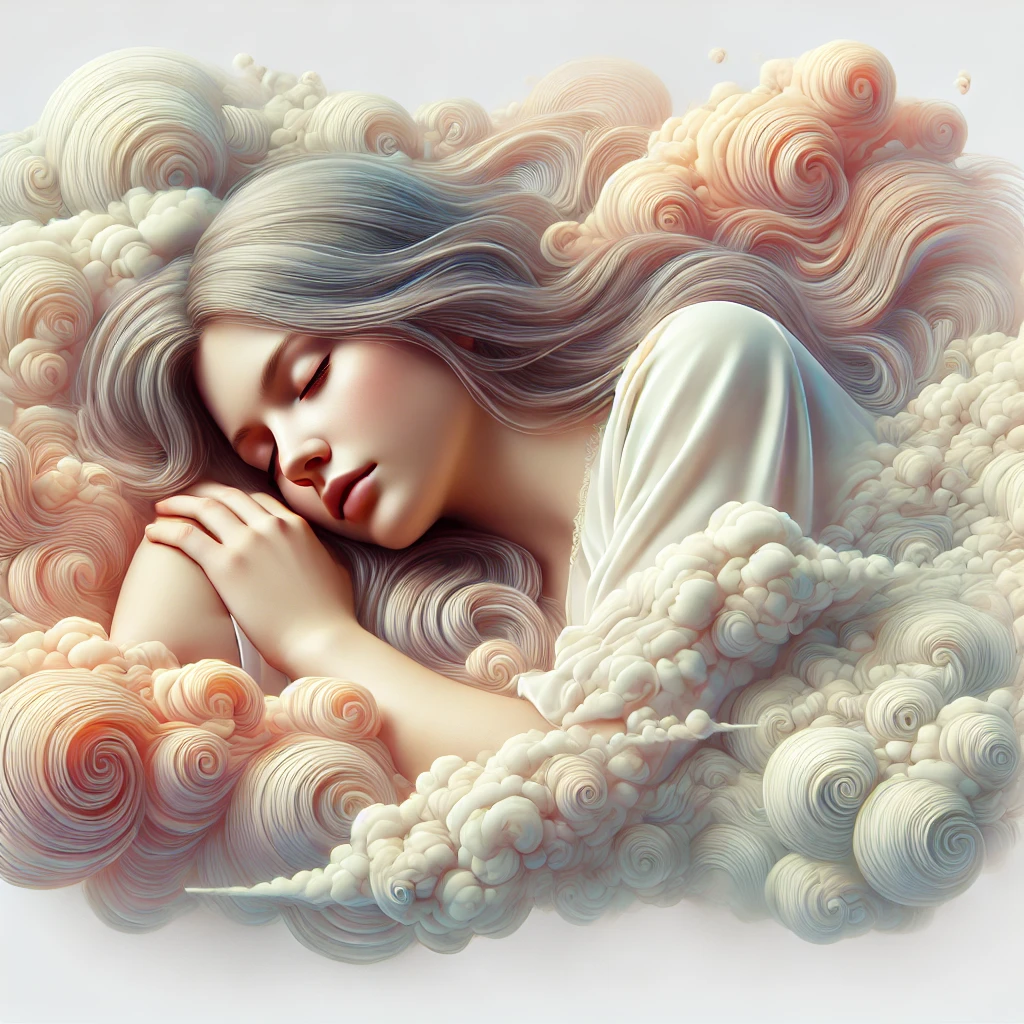Here are the important assumptions of Jungian theory that will help in applying our Top-Down approach to dream interpretation.
Consciousness and Unconsciousness
Consciousness refers to psychological contents that we are aware of and can control and direct at will. When we are operating consciously, we can be flexible, adapt to changing circumstances, identify effects and their causes, and discriminate among events that occurred in the past, those that are occurring in the present, and those that may occur in the future. We evaluate ourselves and others in a differentiated way, seeing things in shades of gray rather than in black and white.
In contrast, unconscious parts of our psyche are outside of our awareness and cannot be controlled or directed. When we behave unconsciously, we respond to changing circumstances in a rigid, unvarying manner. Effects are seen as unrelated to causes, and we do not discriminate between things that have happened in the past, are happening now, or might happen in the future. We tend to see ourselves, others, and life in black-and-white, all-or-nothing terms.
Examples of Conscious and Unconscious Attitudes
Here’s an example of the difference between a conscious and an unconscious attitude toward authority:
- A person with a conscious attitude might say, “Bill was a better company president than Tom in some ways. He organized people and projects effectively and treated people fairly. But Tom had a more open manner, and I felt more comfortable approaching him with problems.”
- A person with an unconscious attitude might say, “All company presidents are the same; they treat everyone under them as if they were all the same, and never appreciate my hard work.”
To summarize: consciousness is flexible, adaptable, discriminating, and differentiated. Unconsciousness, on the other hand, is rigid, unvarying, and undifferentiated. It is for this reason that images in our dreams are often extreme, blatant, and fantastic, as they represent aspects of our unconscious.
The Self-Regulating Psyche
Jung saw the psyche as having the ability to organize and regulate itself, hence the term self-regulating psyche. It has a natural tendency toward self-management, correcting imbalance or excess, and pushing us to attend to neglected aspects of our lives. According to Jung (1954b):
The psyche is a self-regulating system that maintains its equilibrium just as the body does. Every process that goes too far immediately and inevitably calls forth compensations. Without these, there would be neither normal metabolism nor a normal psyche.
Projection and Self-Regulation
One way self-regulation occurs is through projection, where the energy of an unconscious opposite is attributed to or projected onto some aspect of the environment. Jung (1966) observed that:
Projections are unconscious, appearing in the form of abnormal over- or under-valuations, provoking misunderstandings, quarrels, fanaticisms, rumors, suspicions, and prejudices.
For example, an overly aggressive person might project their unconscious timidity onto others, often noticing and criticizing people who seem timid or insecure. Conversely, unconscious positive attributes can also be projected. A person who feels incompetent may project her unacknowledged competence onto others, seeing them as more capable than they really are.
The Principle of Compensation
Balance is maintained through the principle of compensation. Jung (1954b) described it as a “basic law of psychic behavior,” where the psyche accumulates factors that play too small a role in the individual’s conscious life. This applies to dream interpretation as well, where dreams highlight the areas of life that need balance by bringing unconscious elements into awareness.
Dreams and Self-Regulation
Dreams serve as an important tool for self-regulation by bringing attention to areas of imbalance in our psyche. As Jung (1976a) stated:
Dreams are the natural reaction of the self-regulating psychic system, similar to how the body reacts when we overeat or don’t eat enough. They are a reaction to our conscious attitude.
For example, people recovering from alcoholism often dream about bingeing. This is because the energy previously consumed by drinking finds expression in dreams, which help ensure self-regulation by providing an outlet for that energy.
Conclusion
In summary, Jung’s view of the psyche as a self-regulating system provides a powerful framework for understanding how dreams function. Dreams are a natural way of achieving balance and bringing the unconscious into consciousness, allowing us to correct one-sidedness and address neglected aspects of our lives.
See Also: Consciousness, Unconsciousness, Self-Regulation, Projection, Compensation.
[1]
